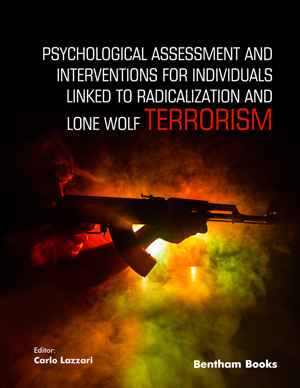Abstract
Radicalization and terrorism are global events affecting different countries and present in diverse historical contexts. A historical account indicates the development of terrorism in human history to shed some light on radicalization. There are elements of radicalization in the dark history of humanity that still today bear consequences on their victims and their progenies. However, at first analysis, terrorist attacks occur unexpectedly. We used a theoretical approach to mathematical and statistical instruments to make a forecast from available data. Delphi groups of psychiatrists, experts in the study of radicalization, met regularly to provide joint predictions about topics of concern presented as case scenarios. The data from peergroup discussions were analyzed for drawing consensus and forecasting radicalization and terrorism. Mathematical prediction models included probability estimates, Kappa statistics, Boolean logics, fractal mathematics, and geometrical progressions. The study supports the hypothesis that with sufficient data analysis and mathematical models, radicalization and terrorism could be prevented using forecasting methods and prompt prevention.
Keywords: Delphi group, Forecasting, Lone Wolf, Prevention, Psychology, Radicalization.














